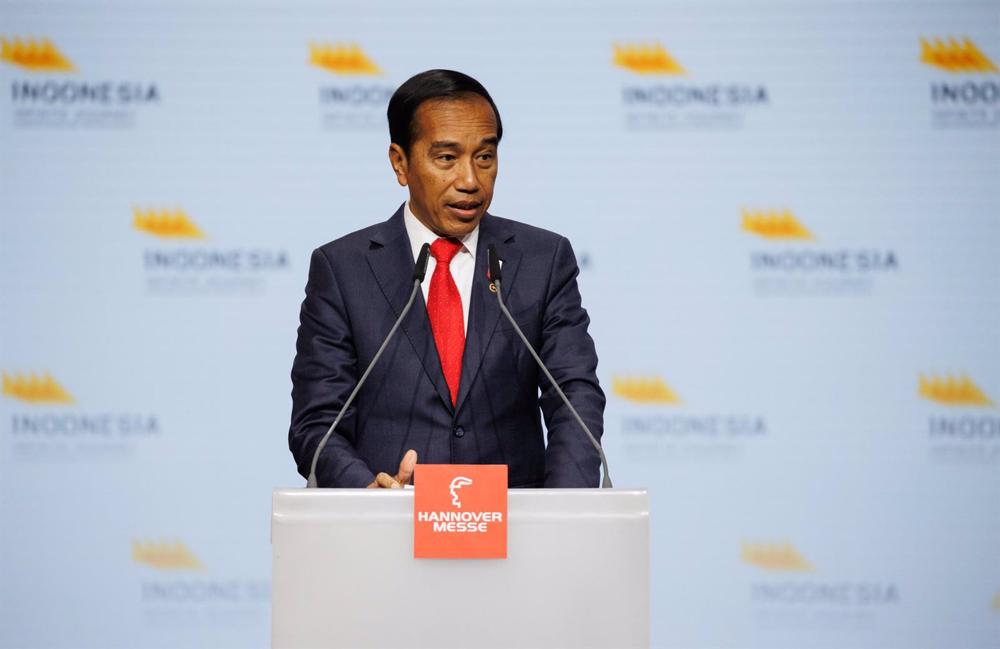
The Government of Canada has advanced on Sunday its new strategic plan for the Indo-Pacific region that contemplates an investment of approximately 2 billion euros in maritime security, information technology, and cooperation with its regional allies, to combat the influence of China, which it describes as an «increasingly disruptive power on the global scene».
«China’s emergence has been enabled by the very international rules and norms it now increasingly ignores,» warns the official document picked up by the CBC network, and presented in part by Foreign Minister Mélanie Joly.
This rise, argues the Canadian government, «has had an enormous impact on the Indo-Pacific» and Beijing now «has ambitions to become the leading power in the region» through «large-scale investments to consolidate its economic influence, diplomatic impact and offensive military capabilities».
«China seeks to shape the international order into a more permissive environment for interests and values that increasingly diverge from our own,» Canada warns.
The €2 billion will be accompanied by proposed legislation to amend investment regulations to prevent state-owned enterprises and other foreign entities that threaten Canada’s national security from taking over critical Canadian industries and intellectual property.
In addition, all federal departments will be ordered to review their Memoranda of Understanding (MOUs) with China and other countries to ensure that Canada’s national interests are protected.
Similarly, the new strategy ratifies the alliance with Taiwan with the Canadian government opposing «any unilateral action that threatens the ‘status quo’ across the strait.»
This strategy document has been years in the making and Canada’s regional allies, such as Japan and South Korea, had been awaiting its presentation for months as a gesture of closer relations.






